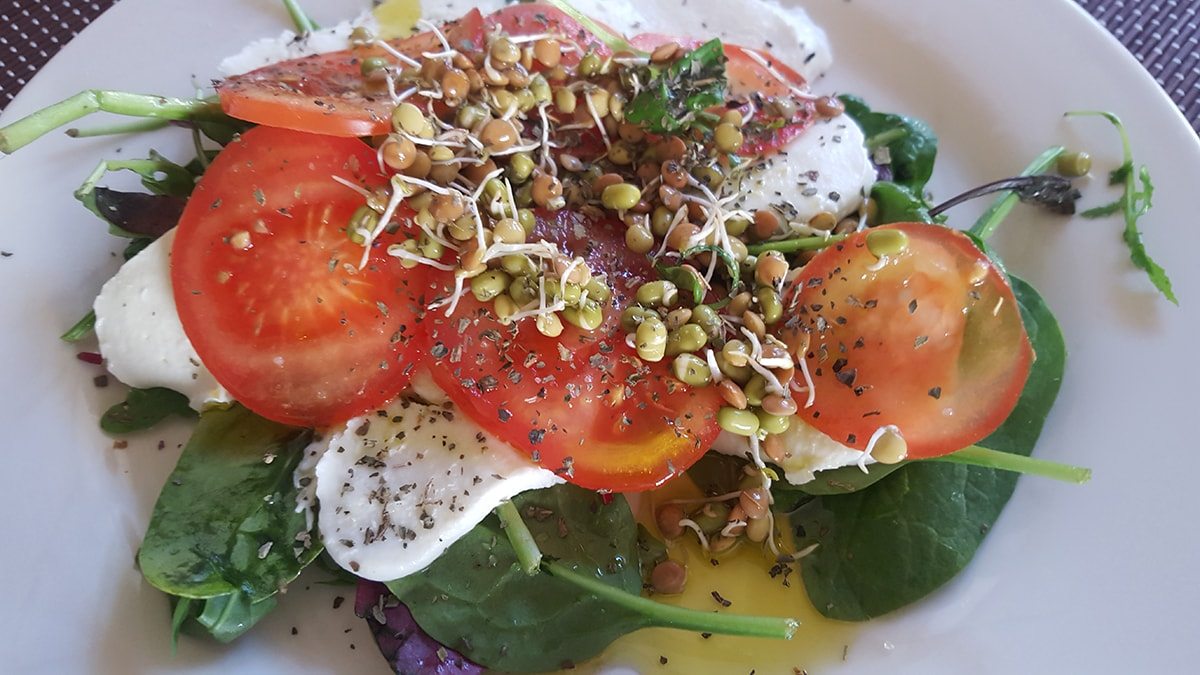Eat well??? What does it means?
Many people try to find the best diet for themselves and they try to understand why diet is so important in our life.
Good diet it’s mean Balanced Diet, a diet that consists of right amount of essential nutrients such as carbohydrates, proteins, fats, vitamins, minerals, roughage and water required by the body is called balanced diet.
A balanced diet is one that gives your body the nutrients it needs to function correctly. In order to get the proper nutrition from your diet, you should obtain the majority of your daily calories from:
- fresh fruits
- fresh vegetables
- whole grains
- legumes
- nuts
- lean proteins
A balanced diet is important because your organs and tissues need proper nutrition to work effectively. Without good nutrition, your body is more prone to disease, infection, fatigue, and poor performance. Children with a poor diet run the risk of growth and developmental problems and poor academic performance. Bad eating habits can persist for the rest of their lives.
At the core of a balanced diet are foods that are low in unnecessary fats and sugars but high in vitamins, minerals, and other nutrients. The following food groups are essential parts of a balanced diet.
Fruits
Besides being a great source of nutrition, fruits make tasty snacks. Choose fruits that are in season in your area. They’re fresher and provide the most nutrients.
Vegetables
Vegetables are primary sources of essential vitamins and minerals. Dark, leafy greens generally contain the most nutrition and can be eaten at every meal. A variety of vegetables will help you obtain the bountiful nutrients that all vegetables provide. Examples of dark leafy greens include:
- spinach
- kale
- green beans
- broccoli
- collard greens
- Swiss chard
Grains
According to the USDA, Americans consume refined white flour more than any other grain. Unfortunately, refined white flour contains poor nutritional value because the hull of the grain is removed during the refining process. The hull is the outer shell of the grain and is where the majority of the grain’s nutrition lies. Whole grains, however, are prepared using the entire grain, including the hull, so they provide much more nutrition. Try switching from white breads and pastas to whole-grain products.
Proteins
Meats and beans are primary sources of protein, which is essential for proper muscle and brain development. Lean, low-fat meats such as chicken, fish, and certain cuts of pork and beef are the best options. Removing the skin and trimming off any visible fat are easy ways to reduce the amount of fat and cholesterol in meats. The health and diet of the animal are important and influence the fatty acid profile of the meat, so grass-fed choices are ideal.
Other good sources of protein, which contain many other health benefits, fiber and other nutrients, include nuts and beans, such as:
- lentils
- beans
- peas
- almonds
- sunflower seeds
- walnuts
Tofu, tempeh, and other soy-based products are excellent sources of protein and are healthy alternatives to meat.
Dairy
Dairy products provide calcium, vitamin D, and other essential nutrients. However, they’re also major sources of fat, so it’s best to choose small portions of full-fat cheeses, and reduced-fat or fat-free milk and yogurt. Plant-based milks, such as those made from flaxseed, almond, or soy are typically fortified with calcium and other nutrients, making these excellent alternatives to dairy from cows.
Oils
Oils should be used sparingly. Opt for low-fat and low-sugar versions of products that contain oil, such as salad dressing and mayonnaise. Good oils, such as olive oil, can replace fattier vegetable oil in your diet. Avoid deep-fried foods because they contain a large number of empty calories.
The USDA has an online calculator that can help you determine how much of each food group you should consume daily.
Aside from adding certain foods to your diet, you should also reduce your consumption of certain substances in order to maintain a balanced diet and a healthy weight. These include:
- alcohol
- refined grains
- solid fats
- saturated fats
- trans fats
- salt
- sugars
If you have questions about your diet or feel that you need to lose weight or change your eating habits, schedule an appointment with your doctor or a dietitian. They can suggest dietary changes that will help you get the nutrition you need while promoting your overall health.






